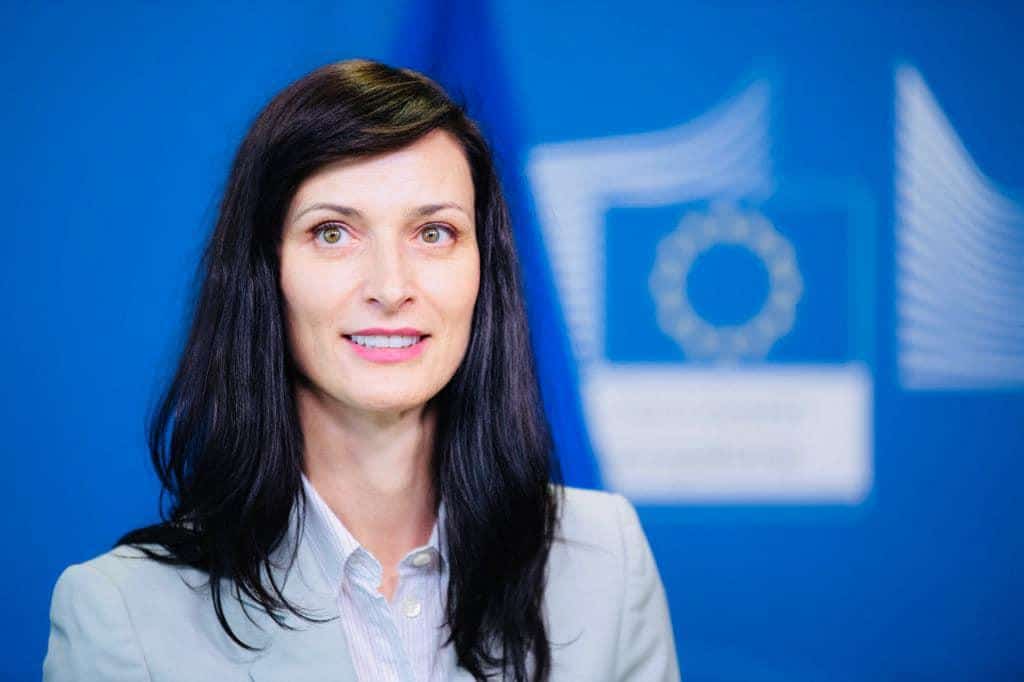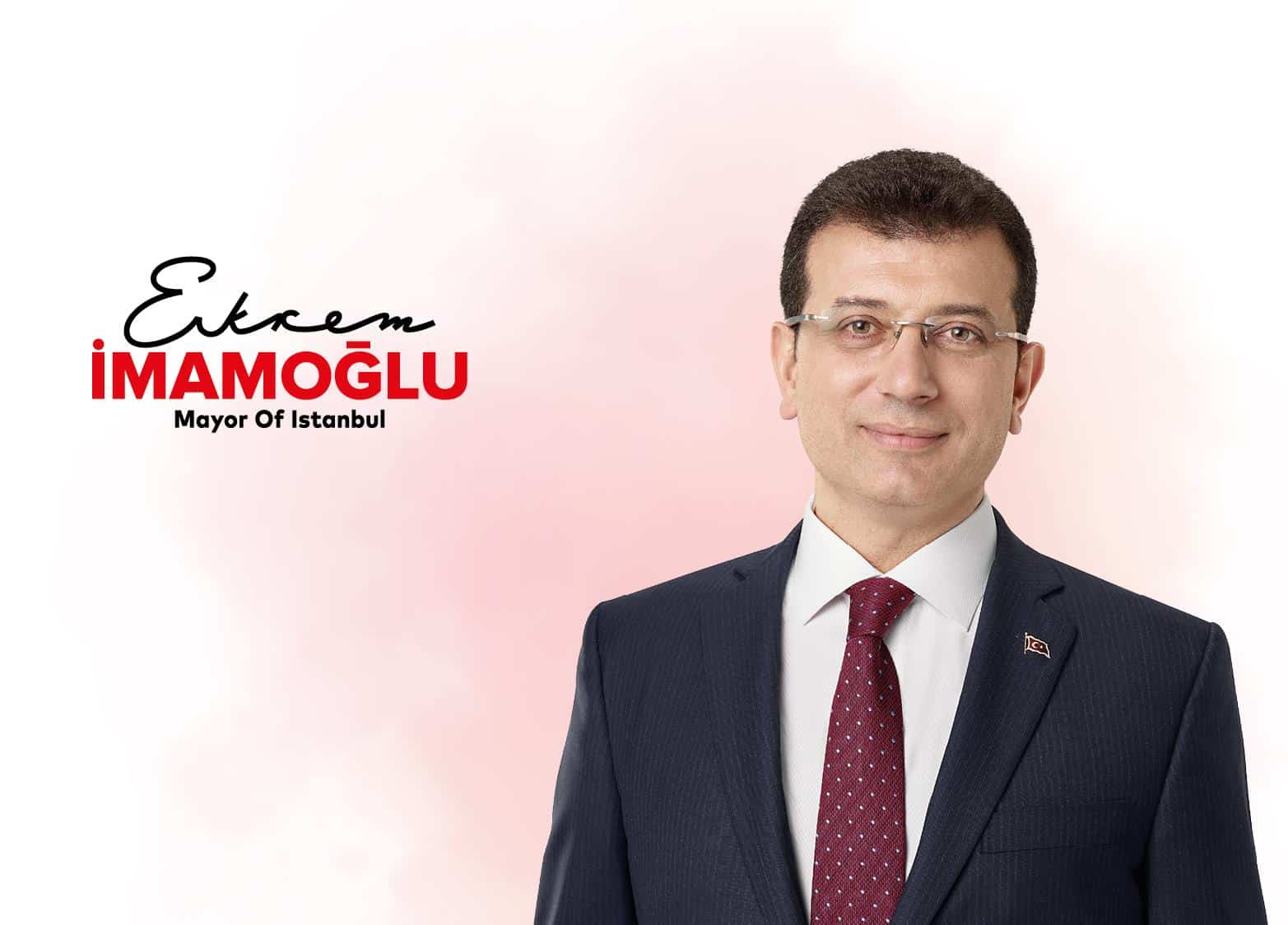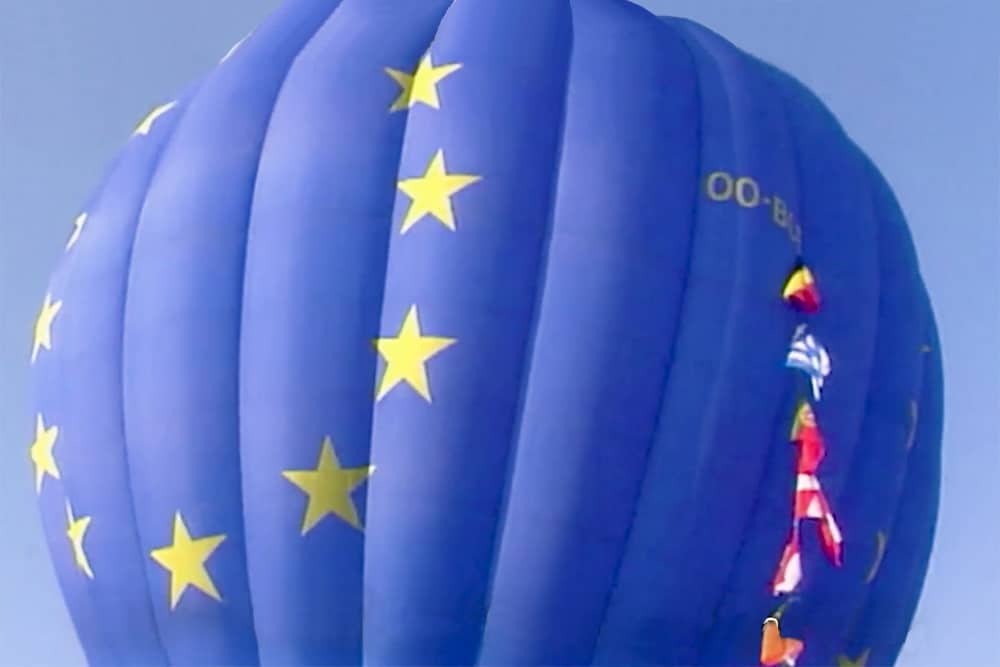Alice Edwards, who is officially known as the Special Rapporteur on torture and other cruel, inhuman or degrading treatment, said she was “distressed by the deteriorating state of Mr. Navalny’s health and the apparent lack of satisfactory diagnosis and medical treatment”.
‘A form of torture’
In a statement also backed by six of her fellow Human Rights Council-appointed experts, she said that the alleged placement of the Russian politician, lawyer and anti-corruption campaigner in isolation on 11 separate occasions, amounting to 114 days in solitary confinement over seven months, “appears disproportionate” and would amount to a form of torture, if confirmed.
“Mr. Navalny is reportedly suffering from serious ill-health, including chronic spinal disease and problems related to neurological damage,” Ms. Edwards said.
The jailed leader returned to Russia in 2021 from receiving extensive medical treatment in Germany, after what laboratory tests indicated had been an attempt to poison him with a nerve agent, while in Siberia in August 2020.
He was immediately arrested after resolving to fly home to Russia, from Germany.
Jailed
The 46-year-old is serving concurrent sentences of 11.5 years for fraud and contempt of court – on charges which he said were trumped up to remove him from public life.
Russia has denied all previous allegations that any prison employees have mistreated Mr. Navalny, saying that he has been given access to medical treatment when needed.
Immediate care needed
“He must immediately and continuously be provided with adequate care, including comprehensive medical check-ups, treatment and monitoring of his health situation in a civil hospital.”
She also raised the cases of three of his political supporters, who are also being held in Russian jails – Liliya Chanysheva, Vadim Ostanin and Daniel Kholodny.
The Special Rapporteur said their cases should be “promptly, thoroughly and impartially investigated.
Release supporters ‘without delay’
“If it is found that these individuals are being arbitrarily deprived of their liberty, they should be released without delay.
She said in the case of Mr. Ostanin, whose condition is reportedly deteriorating, Russia “should as a matter of urgency provide adequate medical care in a civil hospital”.
Liliya Chanysheva is the previous head of Mr. Navalny’s office in the city of Ufa. She was arrested on charges of managing a “structural subdivision” of an extremist group in November 2021, said the UN rights office, OHCHR.
Mr. Ostanin, ran the Navalny office in the city of Byisk, and was arrested on similar charges in March 2022.
Mr. Kholodny, an employee of Mr. Navalny’s Anti-Corruption Foundation, was arrested at the same time on charges of belonging to an extremist group, and for allegedly providing or collecting money to finance an extremist organisation, OHCHR said.
Concerns registered
The Special Rapporteur and other experts have been in direct contact with the Russian Government about these cases “and will continue to monitor them.”
Special Rapporteurs and other UN Human Rights Council-appointed rights experts, work on a voluntary and unpaid basis, are not UN staff, and work independently from any government or organisation.














